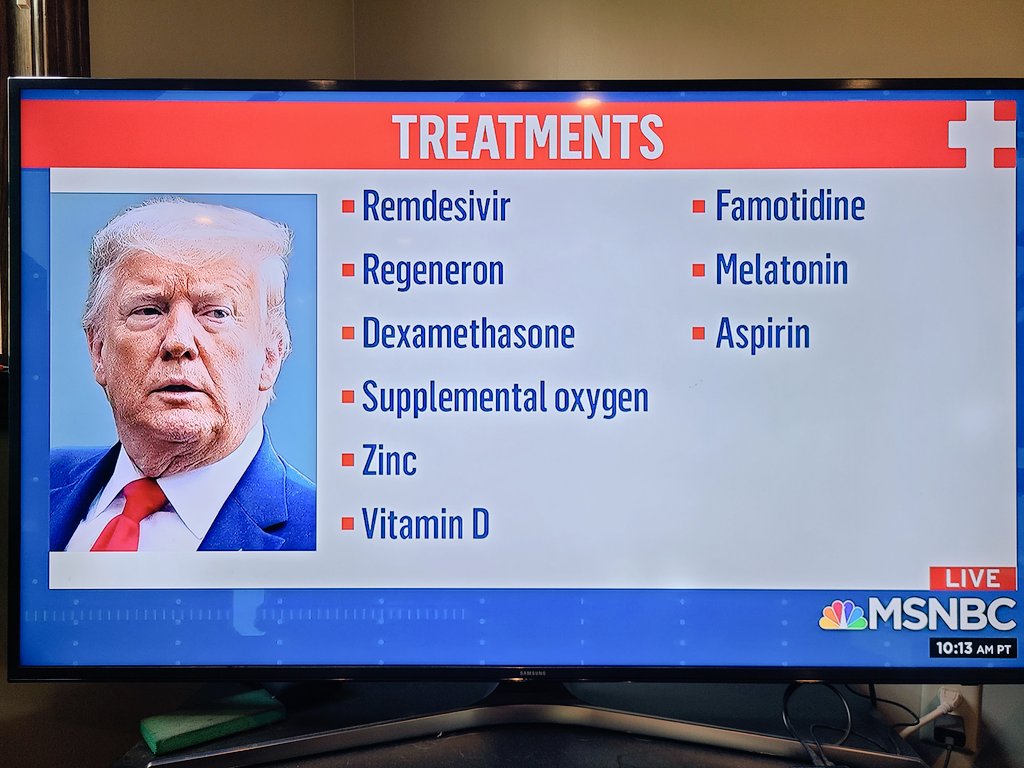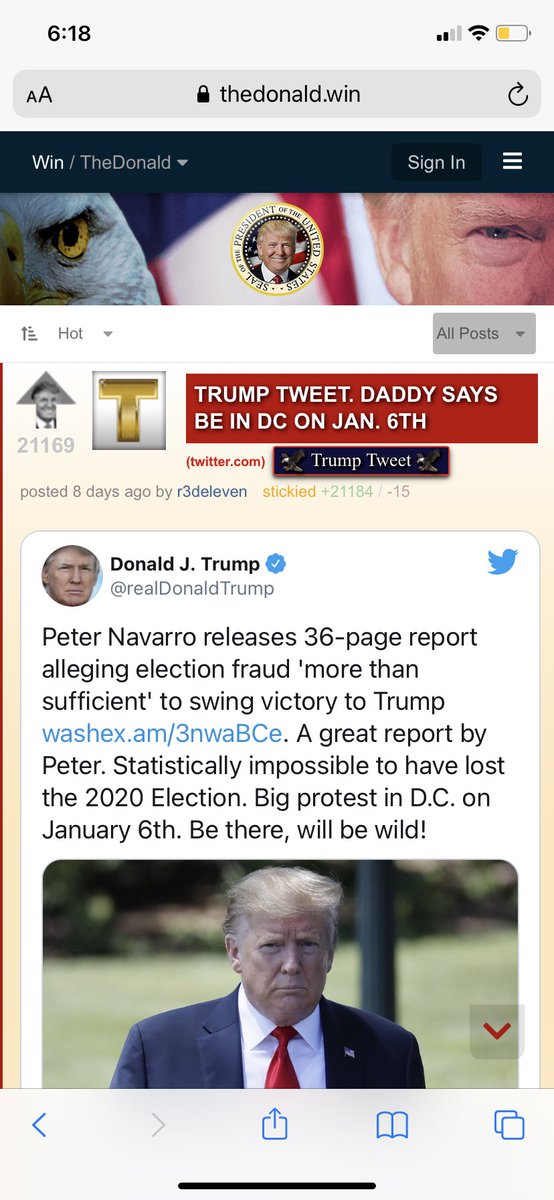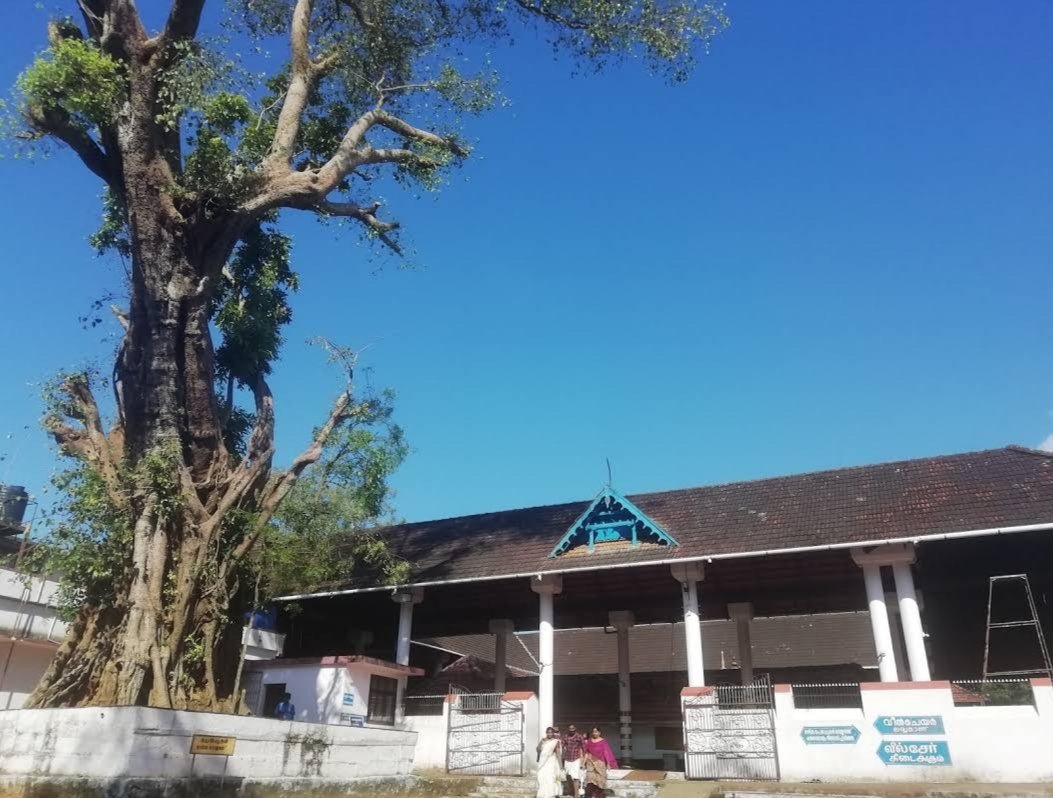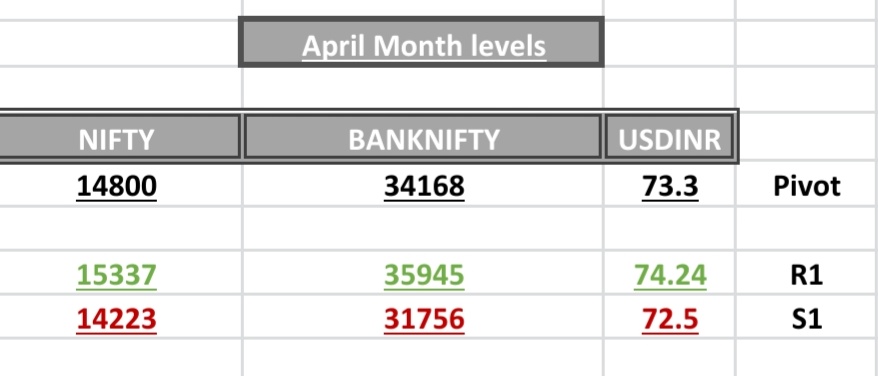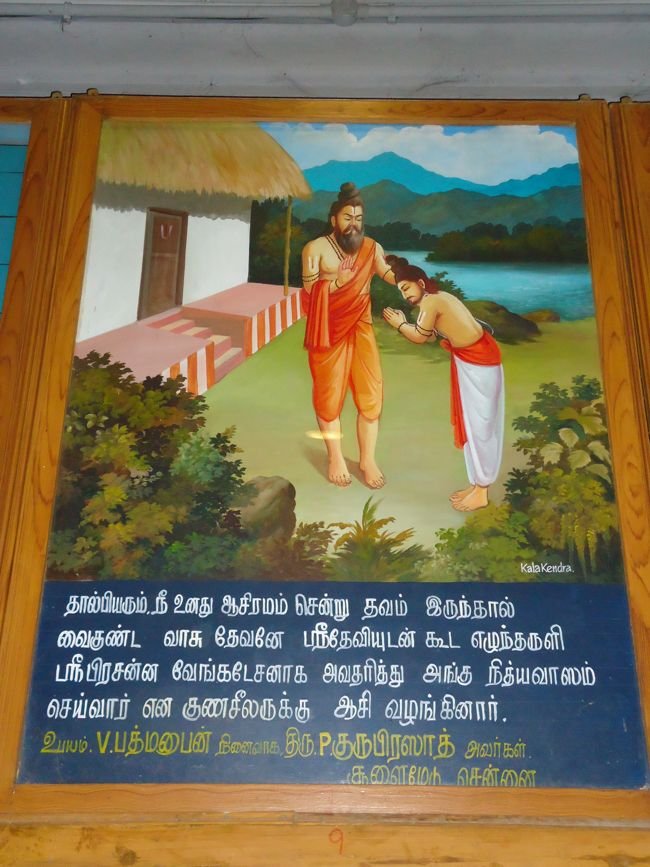The Pardon Clause prohibits using the pardon power to obstruct impeachments. Trump repeatedly opined—rightly—that Mueller's probe could lead to a referral for possible impeachment (which it did). The pardons he just gave are the ones he dangled to obstruct Mueller. See the issue?
More from Seth Abramson
About a month ago, I said to Jeffrey Toobin that it was Mike Flynn—not Paul Manafort—who had the *most* to offer Robert Mueller on the collusion question, underscoring that Flynn's December 2017 plea deal gave Mueller far more than we ever realized. Now here we are, 10 months on.
2/ Trump had two opportunities to formally name Flynn and his co-conspirator Erik Prince to his NatSec team during the 2016 campaign—he declined to do so *both times*. In the criminal justice system this is evidence of consciousness of guilt. Trump knew what these men were doing.
3/ That Trump sought out Flynn—not the other way around—in August '15, and began using him as his chief NatSec adviser right away, but never put him on his National Security Advisory Committee is critical evidence that Flynn was working on projects that had to be "off the books."
New reports show more and more evidence Michael Flynn ran a collusion channel to Russia for Trump's campaign https://t.co/upgnbTAkAh pic.twitter.com/6LNtrXaSf7
— Jonathan Chait (@jonathanchait) October 20, 2018
2/ Trump had two opportunities to formally name Flynn and his co-conspirator Erik Prince to his NatSec team during the 2016 campaign—he declined to do so *both times*. In the criminal justice system this is evidence of consciousness of guilt. Trump knew what these men were doing.
3/ That Trump sought out Flynn—not the other way around—in August '15, and began using him as his chief NatSec adviser right away, but never put him on his National Security Advisory Committee is critical evidence that Flynn was working on projects that had to be "off the books."
Sworn affidavits online corroborate Ramirez/Swetnick's accounts of sexual assault (Ramirez)/witnessing sexual assault (Swetnick); Ford's prior disclosures (10) are public; Kavanaugh's perjuries are confirmed by testimonial evidence online. Do they think no one reads the internet?
2/ No, I'm serious: the only people the White House is trying to reach here are those who don't use the internet for news—ever—or those radicals who only read fringe publications that lie to them daily. If you've been following the Kavanaugh nomination online, you know the truth.
Breaking: White House finds no corroboration of sexual misconduct allegations against Brett Kavanaugh after examining reports from FBI's latest probe https://t.co/nnNKmjz8ke pic.twitter.com/HtiQN9C6IK
— The Wall Street Journal (@WSJ) October 4, 2018
2/ No, I'm serious: the only people the White House is trying to reach here are those who don't use the internet for news—ever—or those radicals who only read fringe publications that lie to them daily. If you've been following the Kavanaugh nomination online, you know the truth.

